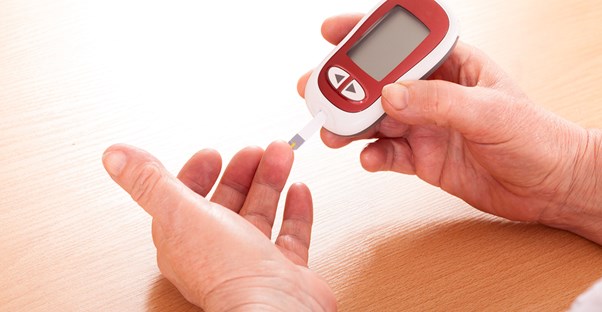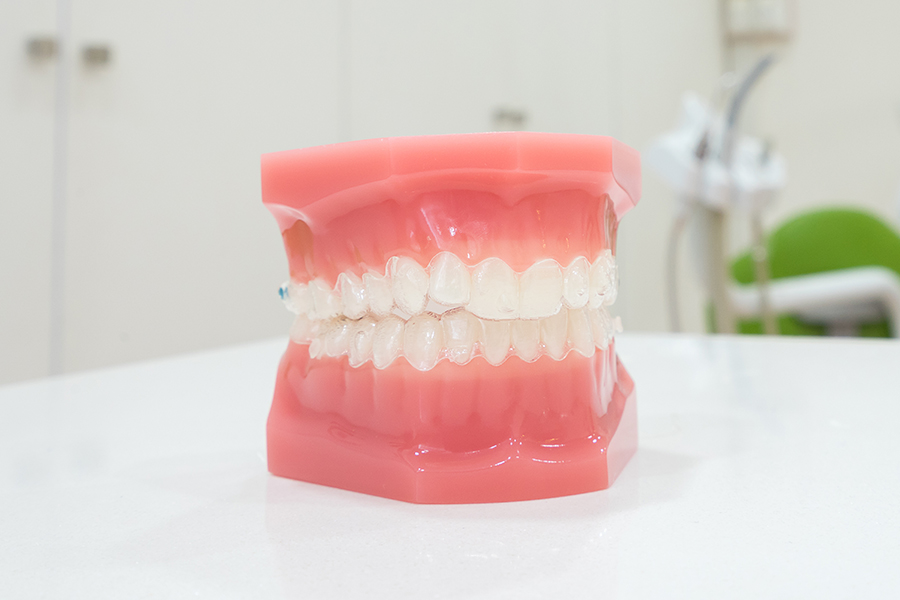Type 1 Diabetes Treatments

Thanks to developments in modern medicine, there are treatments that make it possible to enjoy a life that isn't significantly hindered by type 1 diabetes. Here are the facts about this condition and what a patient can do to lessen its impact in his or her day-to-day life.
What is type 1 diabetes?
Type 1 diabetes is a blood condition. The immune system attacks cells of the body rather than invaders such as viruses. The condition is caused by high blood sugar levels, also known as hyperglycemia. Type 1 diabetes is not inherited, although certain genetic tendencies can raise the probability that someone will develop it.
How is this condition treated?
For the most part, type 1 diabetes requires lifelong treatment. There is no shortcut or single diet that works as a one-size-fits-all treatment for diabetes, although this is a common myth. Within a certain range and set of conditions, treatments for type 1 diabetes are formed on an individual basis by the attending physician.
First, a person who is suffering from type 1 diabetes is usually placed on an insulin injection procedure. The amount as well as the frequency depends on the severity of the condition.
Second, there are usually changes to the diet as well as to the physical regimen of a person with type I diabetes. Exercise allows the body to more efficiently use the insulin that is created naturally, as well as insulin from treatments. A good diet that distributes carbohydrates throughout the day also helps the body to more effectively regulate the insulin that it receives.
Most type 1 diabetes patients will have to completely eliminate all alcohol and smoking habits. There are also regular medical checkups with routine screening tests that have a focus on blood vessels, nerves, kidneys, the heart, and eyes.
What kind of physician typically oversees the treatment of type 1 diabetes?
Your primary physician will usually oversee the overall process of your type 1 diabetes treatment. However, depending on your condition, you may have different specialists who oversee certain parts of your treatment.
If your extremities are affected, you may be in need of a podiatrist. You may also maintain contact with a nutritionist to address your dietary needs. You may also need an eye doctor as well as an ear, nose, and throat (ENT) specialist, depending on how the symptoms of your type I diabetes affect those regions of your body.








